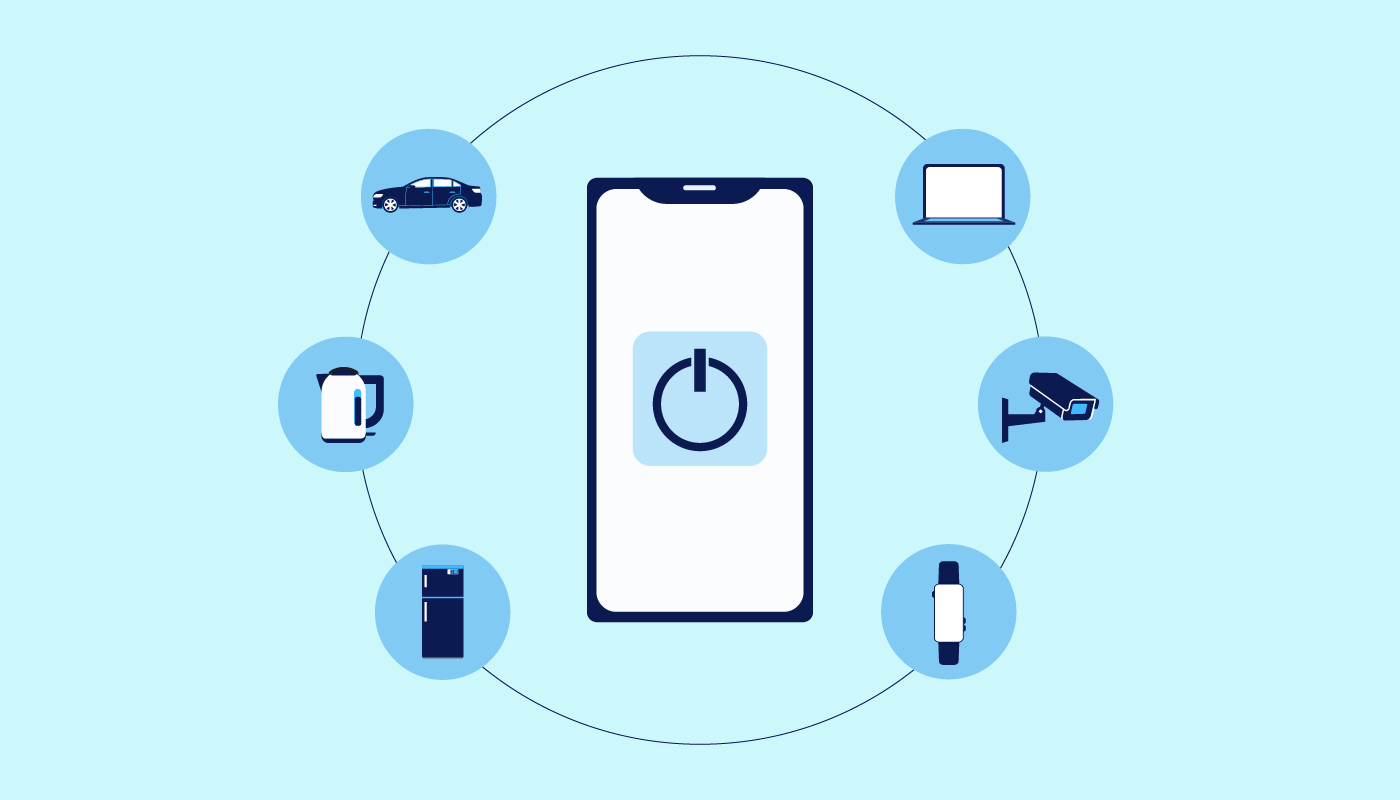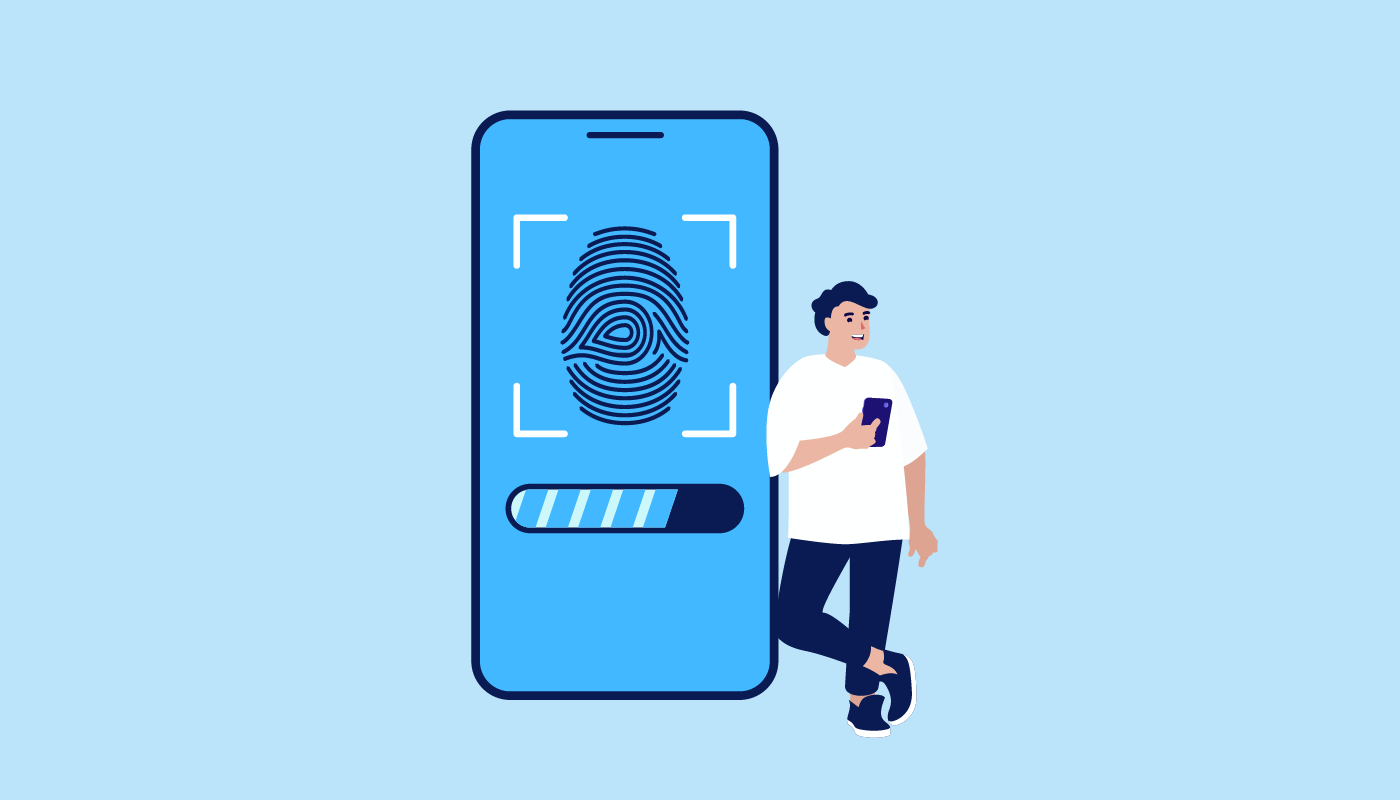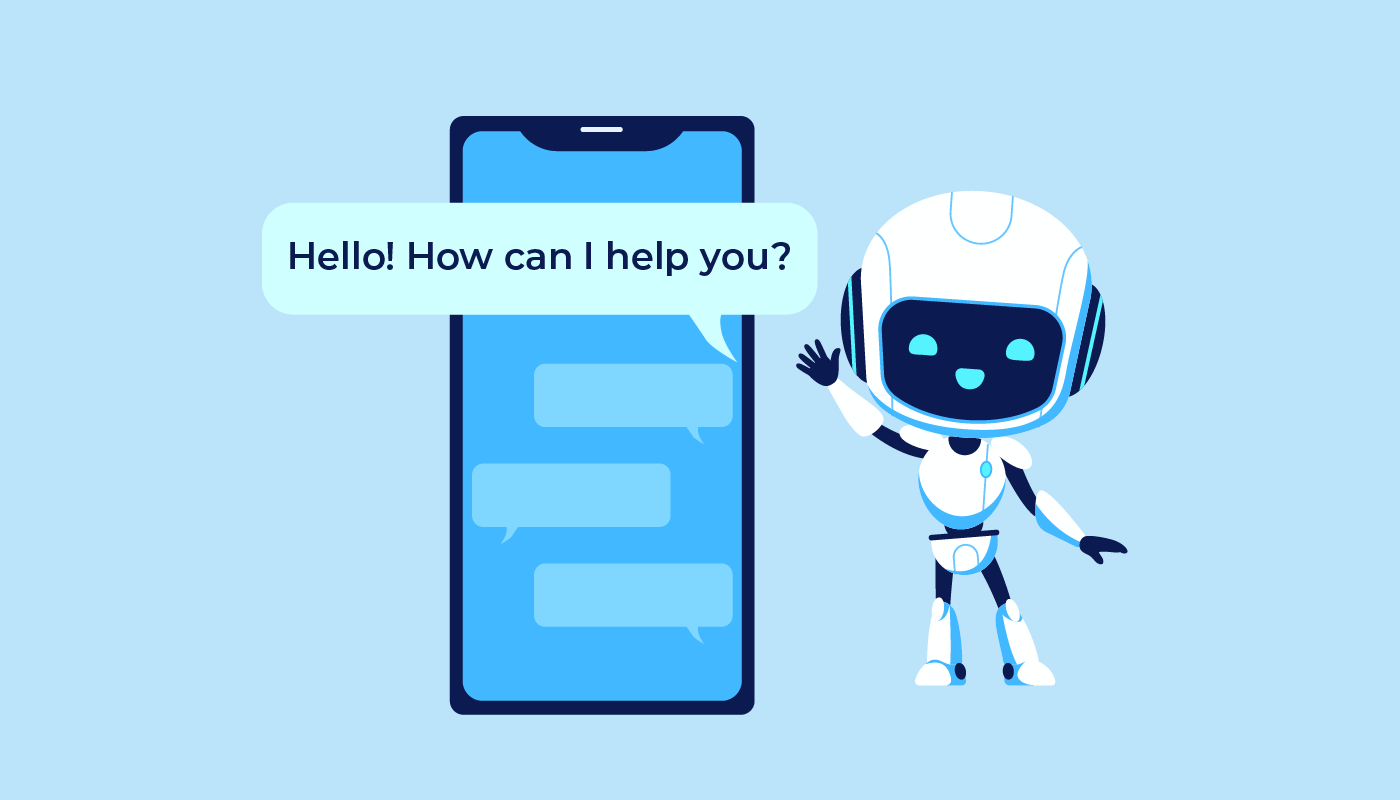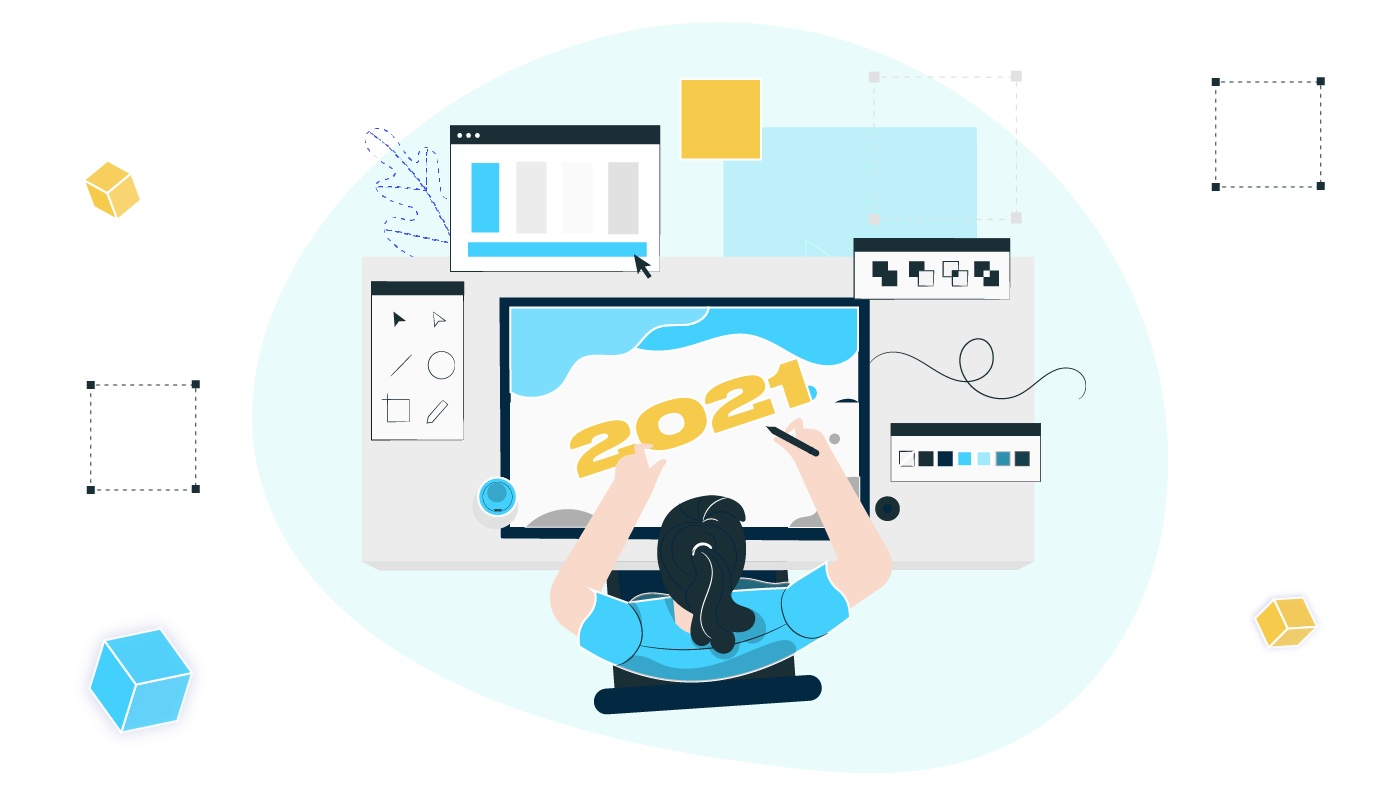Smartphones, tablets, and other digital devices are already an inseparable part of our lives. Daily Zoom meetings with colleagues, Facetime for virtual hangouts, music streaming services, and intelligent AI chatbots have dramatically reshaped our world, so many startups bet on this channel trying to meet modern customer demands.
Such popularity also determines the importance of staying in touch with the latest mobile app development trends that continue to show new shapes and colors every year.
What is Mobile App Development?
Mobile app development is the process of creating software applications that run on mobile devices, such as smartphones and tablets. Its goal is to create apps that are functional, user-friendly, and provide value to users.
Mobile app development typically involves several steps, including:
- defining the app’s objectives and requirements;
- designing the user interface and user experience;
- writing the code;
- testing the solution;
- deployment to app stores such as the Apple App Store and Google Play Store.
The process requires a combination of technical and design skills, as well as an understanding of the mobile platform and associated programming languages, such as Java for Android and Swift for iOS. Application developers may work independently or as part of a development team and can also collaborate with designers, product managers, and other stakeholders to ensure the app meets its goals and provides value to users.
This is a rapidly growing field, as the demand for mobile apps continues to grow along with the increasing popularity of smartphones and other mobile devices. Therefore, adapting to the current mobile application development trends is the key to staying ahead of the competition.
How Does Adapting to Mobile Trends Make an App Successful?
It’s important to keep in mind, however, that simply incorporating mobile app trends for the sake of being up-to-the-minute may not necessarily lead to success. It’s essential to carefully consider which tendencies are relevant to your application and will add value to your users, and to strike a balance between being up-to-date and being true to your app’s core identity and goals.
Adapting to trends in mobile app development can contribute to the success of an application in several ways:
- Increased User Engagement: Mobile trends often reflect changes in user behavior and expectations. So, if you incorporate them into your app, you can make it more engaging and enjoyable for users. For example, microinteractions or gamification elements can enrich the user experience, leading to increased engagement and loyalty.
- Improved User Experience: Mobile app trends often focus on improving the user experience. By adapting to them, you can create a seamless and intuitive experience for your users. For example, keeping in mind the latest trends like minimalism or dark mode can help declutter the interface and make it easier for users to focus on content and features.
- Competitive Advantage: Keeping up with the latest mobile app trends can help you stay ahead of the competition and give you a competitive edge. A well-designed, user-friendly app that addresses up-to-date tendencies is more likely to attract and retain users, leading to more growth and profitability.
- Increased Download Rates: By incorporating the latest trends into your app, you can make it more attractive to potential users, resulting in higher download rates and a larger user base.
Mobile App Industry Trends to Follow In 2025
Artificial Intelligence and Machine Learning
Artificial intelligence will be one of the leading mobile app development trends. Chatbots, smart digital assistants, and other AI technologies are already actively applied by giants such as Google, Facebook, Netflix, and Amazon. AI solutions can be used across a variety of industries, including healthcare, e-commerce, and others.
Learning from data and making accurate predictions, machine learning algorithms can make your app more intelligent and easy to use. It allows users to detect credit card fraud, get personalized recommendations based on users’ search queries, and enjoy high-quality customer service.

5G
5G is the fifth generation of wireless technology, and it is expected to have a significant impact on the mobile app industry. Here are a few ways 5G may profit the mobile app development industry:
- 5G promises much faster download and upload speeds, enabling a more seamless and responsive user experience for mobile app users. This application development trend will make it possible for customers to perform tasks such as streaming high-definition videos or playing online games without any lag or buffering.
- 5G will open up new business opportunities and revenue streams for mobile app developers, such as developing 5G-powered location-based services, 5G-enabled telemedicine apps and more.
5G technology is expected to become one of the major mobile app industry trends as it spreads around the world, significantly impacting the way users interact with their mobile devices and the apps they use.
Augmented Reality
Another mobile app development trend that will stay with us in 2025 is augmented reality. Such immersive games as Ingress Prime and Jurassic World Alive have changed the way people interact with mobile apps and let users mix virtual and real worlds. This augmented reality (AR) concept is sure to grow in popularity next year.
Besides game development, AR can benefit industries such as education, real estate, retail, engineering, and healthcare. From virtual real estate tours to immersive hotel bookings, AR technologies allow mobile users to interact with any products or services from the comfort of their own homes. The mobile AR market revenue is expected to reach over $26 billion by 2025, making it one of the hottest mobile app development trends to monitor next year.
Internet of Things
The Internet of Things (IoT) is one of the most rapidly developing mobile app industry trends as well. Since automotive, healthcare, security control systems, telecommunication, insurance, and other areas that use IoT solutions require the integration of mobile devices to improve services and cut costs, IoT will continue to create new business opportunities in mobile development.
With mobile apps for IoT, users can make their home appliances work together more efficiently, so developers will have to build applications that run flawlessly on all devices. From the thermostat that knows your temperature preferences to solid security systems to keep your home safe, IoT is one of the mobile app trends that have come to make our life easier every day.
Apart from home automation, IoT technology is a real game-changer in the healthcare industry as users can monitor their sleep, activity, daily intake of calories, and other vital metrics. HERO, the automatic medicine dispenser, can help the elderly and their families monitor if the medicine was taken as scheduled. Using app alerts, caregiver notifications, and 24/7 support, you can always keep your loved ones healthy.

Blockchain Technology
Blockchain has been around for a while now, and it still remains one of the leading mobile app development trends. It is one of the best ways to keep data protected. This technology creates decentralized databases, making digital operations more secure, as no one can alter the databases to misuse sensitive data.
Fintech and banking are among the industries that benefit from blockchain the most. Safe mobile payments, secure exchange, safe verification systems—blockchain technology ensures security, transparency, and data integrity.
Blockchain is an app development trend that allows building solutions with enhanced data security, high reliability, and safe in-app purchases. KYC-Chain can help businesses verify clients and maintain the customer lifecycle. This app also checks corporate and individual clients for criminal activities and keeps crypto wallets secure.
Biometric Authentication
Facial recognition and fingerprint technologies are hardly innovative, but they are still one of the core mobile application development trends on the market that provide users with an extra level of data protection. The market of biometric technologies is expected to grow to $68.6 billion by 2025. From hospitality and retail to automotive and fintech, any industry can benefit from biometric applications.
LastPass is one of the apps that can be used to generate and manage passwords, simplify online shopping, and store such digital records as memberships and insurance cards.

Once you save your passwords, you will be able to log in faster and get alerts if your data is endangered and could be compromised. Both personal and business versions are available so that you can make employee password management easier and secure your sensitive data.
Voice Technology
Mobile users love this technology as they can easily get relevant suggestions without the need to type manually or use confusing voice assistants. Voice assistant and voice recognition systems have been dominating the software development landscape for a couple of years, which made them the key mobile app trends in 2025 and beyond. It is expected that by 2025, 75% of US families will have at least one smart speaker.
Software development companies can follow this mobile development trend by building voice-to-text solutions, in-car speech recognition systems, and voice-enabled chatbots to boost customer experience.
Mindsay builds AI-powered chatbots equipped with a conversational IVR system to enhance customer service and resolve issues 24/7. Such bots can analyze preferences, offer customers relevant products, provide automated answers to simple questions, and optimize self-service processes.
Chatbots
Such development trends as voice and facial recognition, predictive analytics, and NLP make chatbots more intelligent and human-like. An AI-powered chatbot will complement your mobile app with immediate customer service and increase engagement by providing users with relevant suggestions based on their interests and preferences.
Lark is a supportive health coach that helps customers build healthy habits, provides them with personalized tips, and controls such data as weight, sleep, and meals. Mobile users can also get help with their chronic conditions and mental health.
To get started, customers have to take a health quiz and complete health missions. Lark rewards the most enthusiastic ones with in-app badges, smart scales, and fitness trackers.
With so many solutions out there, chatbots are sure to become one of the leading mobile development trends to follow in 2025.

Progressive Web Apps (PWA)
In contrast to native development, PWAs are easier to build and launch. PWAs are updated automatically, require less space, and load much faster than apps.
This mobile commerce trend can greatly benefit the industry. The figures clearly show that the coronavirus pandemic has led to a rapid increase in online shopping. To promote social distancing, most small and large brands brought their operation online, encouraging their buyers to stay home.
In this regard, PWAs can aid e-stores in providing seamless online shopping experiences to their customers. Progressive web apps are easy to use and come with a bunch of benefits, such as instant updates, short loading time, mobile-like behavior, and smooth installation.
Eleganza, the renowned fashion brand from the Netherlands, transformed its website into a responsive PWA to enhance customer experience, optimize page load time, and boost pages viewed per session.
Wearables
Wearable technologies such as smartwatches and fitness trackers are becoming a mobile app development trend. Their increasing popularity and the unique opportunities they offer for application developers make them a hot topic in the industry. This has led to a demand for mobile apps that can work seamlessly with wearables to provide an integrated and convenient user experience.
Wearables are equipped with advanced sensors that can collect a wide range of data about the user, such as activity levels, heart rate, and sleep patterns. This data can be used by mobile apps to provide personalized insights and recommendations, resulting in a more customized and engaging user experience.
Wearables allow users to access and interact with their mobile apps without having to take out their phones. This allows them to perform tasks like checking notifications, controlling music or tracking fitness goals on the go.
This mobile app trend is opening up new revenue streams for app developers, as users are willing to pay for apps that provide a seamless and convenient experience on their wearable devices.
Mobile Commerce
With the increasing popularity of mobile devices, m-commerce has become a fast-growing mobile commerce trend. A major advantage of these apps is their ability to provide a personalized shopping experience. They can use data such as customers’ browsing history, purchase history and location to offer personalized product recommendations, promotions and discounts, which can improve the customer experience and increase sales.
The integration of mobile payment systems also enables transactions through mobile devices. Apple Pay, Google Pay and Samsung Pay offer convenience and security for customers and make it easier and faster to complete payments.
Mobile commerce app developers also focus on improving the user interface and user experience of their apps. A user-friendly and visually appealing app design can significantly impact customer satisfaction and drive sales.
Cloud Applications
Cloud applications have gained popularity in recent years, and this mobile app trend is expected to continue in 2025 and beyond. A cloud application is a software program that runs on a cloud infrastructure and is accessed via the Internet. These mobile apps are designed to provide fast, reliable and scalable access to information and services from anywhere in the world.
Cloud applications are designed to run on a distributed network of servers, which can help improve their performance and speed. This is especially important for mobile applications that require fast and reliable connectivity. Cloud apps are scalable, meaning they can handle a variety of workloads and adapt to changing demands. The software can be accessed from any location and any device with an Internet connection.
This app development trend offers benefits such as scalability, reduced infrastructure costs, improved performance, access from anywhere, and better security. As enterprises increasingly adopt cloud computing, we can expect to see more cloud-based mobile app developed to meet the needs of consumers and businesses.
Wrapping Up
Mobile app trends in 2025 reflect a continued focus on delivering high-quality, user-friendly and innovative apps that can meet the needs of modern users. By keeping up with these tendencies and embracing the latest technologies, businesses can stay ahead of the curve and offer mobile apps that stand out in a crowded marketplace.
This list of the top mobile app development trends in 2025 is sure to provide you with valuable insight into the future of mobile apps. Equipped with the latest trends in mobile technology, you will satisfy your customers’ specific needs and ensure they enjoy an innovative experience. LITSLINK is always ready to help you with these endeavors and make your business profitable!





